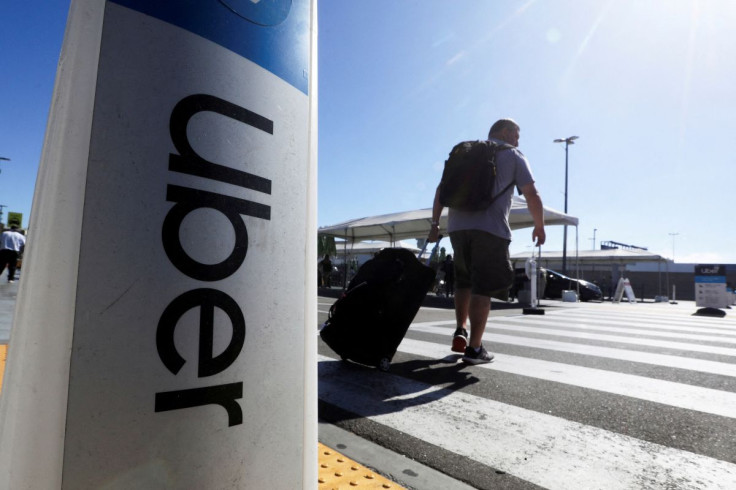Uber's Stock Is Still A Value Trap
Uber's stock was the big winner last week, following its Q2 earnings report. But that may not last, as the company continues to be a "value trap," destroying rather than creating value.
Uber Technologies is on the mend again. The number of active monthly app users and ridership are soaring, as the end of Covid-19 pandemic lockdowns has allowed cities worldwide to return to normal everyday life. But it hasn't helped the company that changed how people move in cities worldwide to become profitable.
Last week, Uber said that its gross booking rose to an all-time high of $29.1 billion, thanks to 116 million users of its app in 10,500 cities. But it lost $2.6 billion.
Management downplayed the sizable loss as another aberration due to investment write-offs. Instead, it focused on its strong EBITDA and cash flow numbers.
"Last quarter, I challenged our team to meet our profitability commitments even faster than planned—and they delivered," said Dara Khosrowshahi, CEO, in a statement accompanying the release of the company's Q2 financial results. "Importantly, they delivered balanced growth: Gross Bookings up 36 percent to a $116 billion run-rate, Adjusted EBITDA significantly above our guidance, and $382 million in free cash flow, all on a platform that's larger than ever, with the number of consumers and earners using Uber now both at all-time highs."
Wall Street seems to be on the same page with Uber's management, sending the company's shares soaring 30%, as NASDAQ lost 2.34%.
Is there any upside left? Bob Bilbruck is Founder and CEO of B2 Group and Captjur, thinks so. "The UBER numbers are surprising with positive cash flow and revenues way up, and I think there is a lot of upside in its stock," he told International Business Times in an email. "Especially considering that we might be in a recession and that labor numbers and unemployment may benefit UBER's business models. For example, as people get laid off, they may look to subsidize household income by picking up gig economy-type jobs to help with household cash flow. This could benefit UBER by lowering driver-operating costs and boosting margins."
Bilbruck's bullish outlook for Uber's stock is supported by Gurufocus.com estimates of its intrinsic value, which stands at $63.49, double its current market price. Nonetheless, Gurufocus.com warns that this may be a "value trap." That's because the company has had a negative Economic Value Added (EVA) in the last four years, according to the same source.
EVA, the difference between the Return on Invested Capital (ROIC) and the Weighted Average Cost of Capital (WACC), is a measure of the value a company generates in excess of the opportunity cost of capital. A positive EVA indicates that the company creates value, while a negative EVA suggests that the company destroys value.
For instance, in 2021, Uber had an EVA of -13%, close to where it was in 2018, meaning that the company destroys rather than creates value as it grows. That's because the company and its close competitor, Lyft, operate in a homogeneous duopoly market, with zero loyalty among riders, frequently switching between the two based on service times. And that limits the pricing power of the two companies and the ability to earn a positive EVA and escape the value trap — Lyft has had a negative EVA in the last three years, too.

© Copyright IBTimes 2024. All rights reserved.





















